Researchers from BU will create a short film entirely using artificial intelligence (AI) to explore the creative and legal issues surrounding the use of these tools in media production.
The research project has been funded by the Arts and Humanities Research Council (AHRC) and will investigate the use of generative AI tools in media creation – focusing on collaboration, creativity, and representation. This includes concerns about copyright, job security, and other ethical and legal challenges.
“There has been a lot of thinking about responsible AI and the way it is used and implemented, as well as the implications for things like production and jobs and how roles in the industry will be affected,” said Dr Szilvia Ruszev, Senior Lecturer in Post Production, who is leading the project.
“We hope that through the discussions and the use of these tools, we can develop a more nuanced understanding of how we can still be creative and use AI in a responsible way.”
The BU research team also includes Dr Maxine Gee (Principal Academic in Screenwriting), Professor Xiaosong Yang (Professor of Computer Animation and Deputy Head of Department), Dr Tom Davis (Associate Professor in Music and Audio Technology) and Dr Melanie Stockton-Brown (Principal Academic in Law), as well as partners from the University of Michigan, USA and Zhejiang University, China.
They will use generative AI tools at each stage of the production process, such as the script writing, image creation, sound and music, and for the post production on the film.
They will also evaluate these tools from the perspectives of representation, collaboration and creativity as well as exploring key legal aspects, including copyright.
At each stage of the process, the team will hold workshops which will include talks about the issues being investigated and hands-on experience with helping to create the AI-generated film. The workshops will be open to BU staff and students, as well as industry stakeholders and policymakers.
Dr Ruszev said: “Fictional media has a history of shaping societal understanding of stereotypes through media representation but the data used to create content through AI is not objective and so we are looking at what sort of impact that will have on the representation of identities and groups.
“There are also issues around copyright to explore – such as who owns the idea, and the ethical and legal challenges that need to be addressed.”
The project has received over £170,000 in funding from the AHRC as part of the Bridging Responsible AI Divides (BRAID) programme, which will support the development of responsible AI and how it can be embedded across key sectors.
Professor Christopher Smith, Executive Chair of the AHRC, said: “The impact of AI can already be felt in many areas of our lives. It will transform our jobs and livelihoods, and impact on areas as diverse as education, policing and the creative industries, and much more besides.
“The research which AHRC announced today will provide lasting contributions to the definition and practice of responsible AI, informing the practice and tools that are crucial to ensure this transformative technology provides benefits for all of society.”
 On the last day of 2025 Dr. Chloe Casey appeared on Sky News in a piece with the heading ‘Nutrition key in new alcohol abuse rehabilitation scheme to fight addiction‘. The media coverage was for the project Nourish the New You which looks at the science behind how better nutrition can prevent relapses during withdrawal. Dr. Chloe Casey from Bournemouth University is working with the drug and alcohol charity We Are With You and the Friendly Food Club to deliver cooking courses. Chloe is Lecturer in Nutrition and Behaviour and she conducts her research in the Centre for Midwifery & Women’s Health (CMWH) in the Faculty of Health, Environment & Medical Sciences.
On the last day of 2025 Dr. Chloe Casey appeared on Sky News in a piece with the heading ‘Nutrition key in new alcohol abuse rehabilitation scheme to fight addiction‘. The media coverage was for the project Nourish the New You which looks at the science behind how better nutrition can prevent relapses during withdrawal. Dr. Chloe Casey from Bournemouth University is working with the drug and alcohol charity We Are With You and the Friendly Food Club to deliver cooking courses. Chloe is Lecturer in Nutrition and Behaviour and she conducts her research in the Centre for Midwifery & Women’s Health (CMWH) in the Faculty of Health, Environment & Medical Sciences.
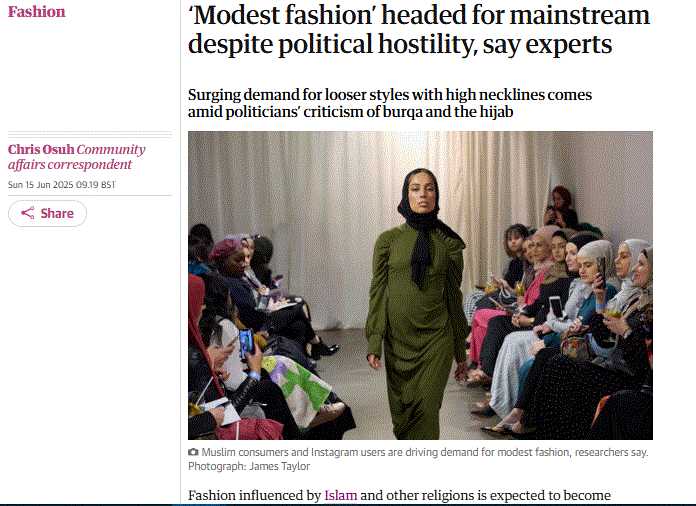
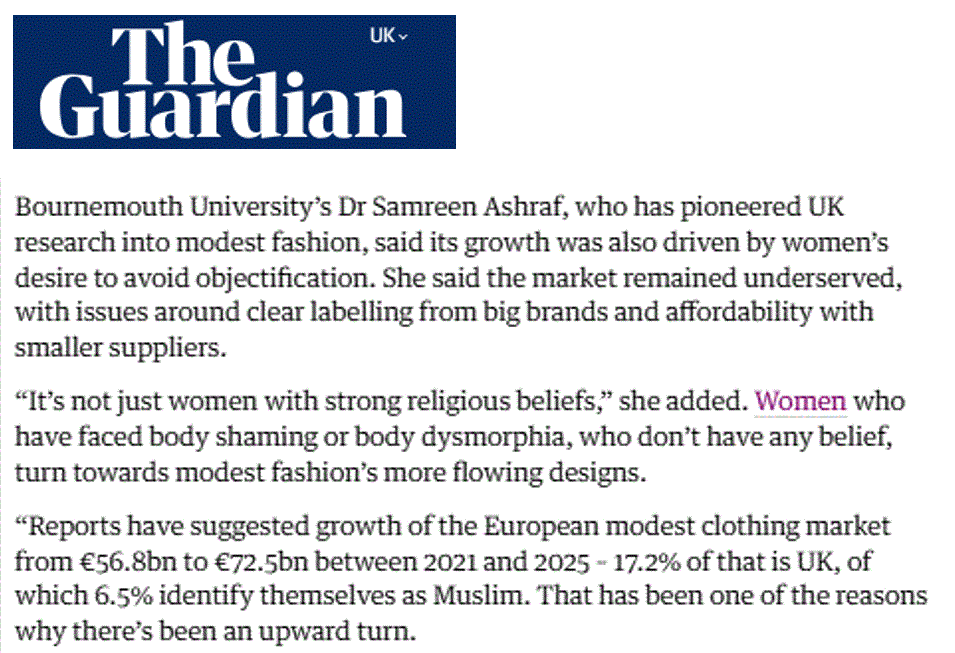
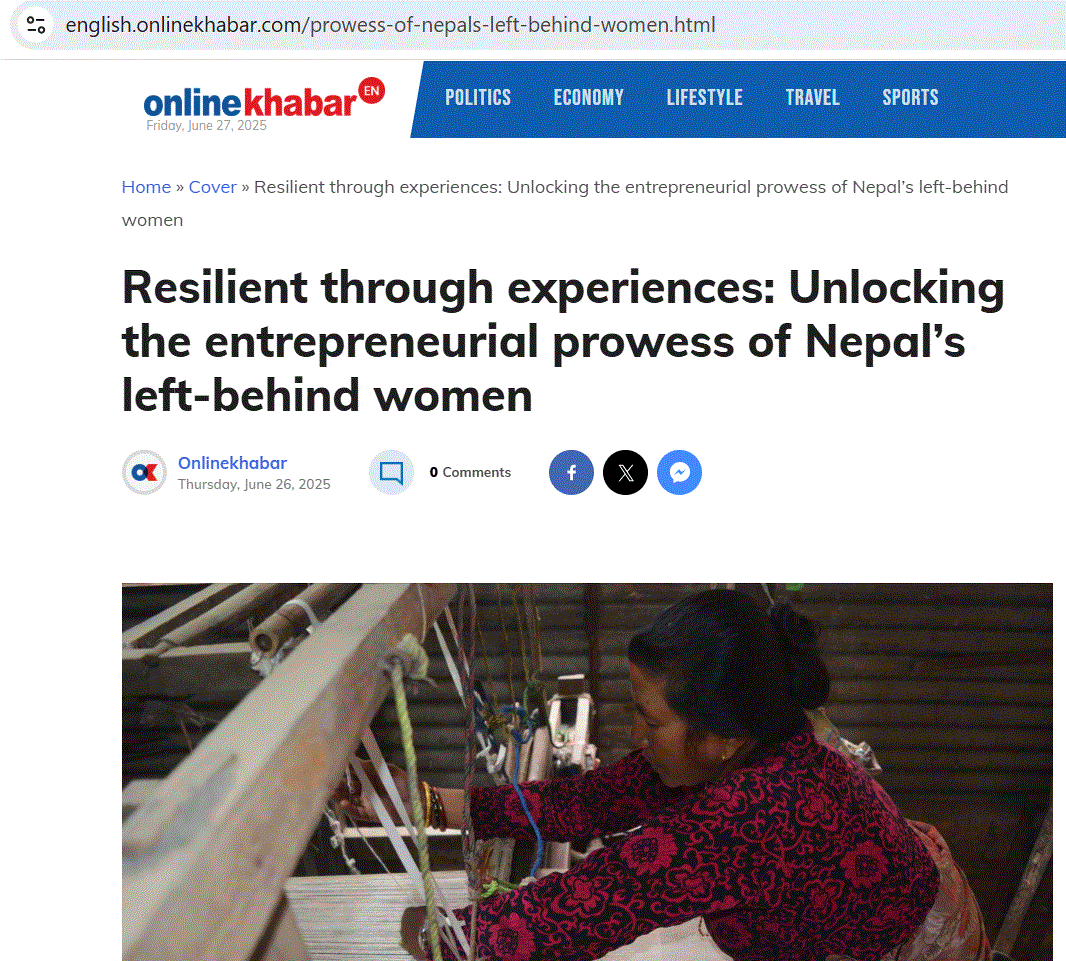
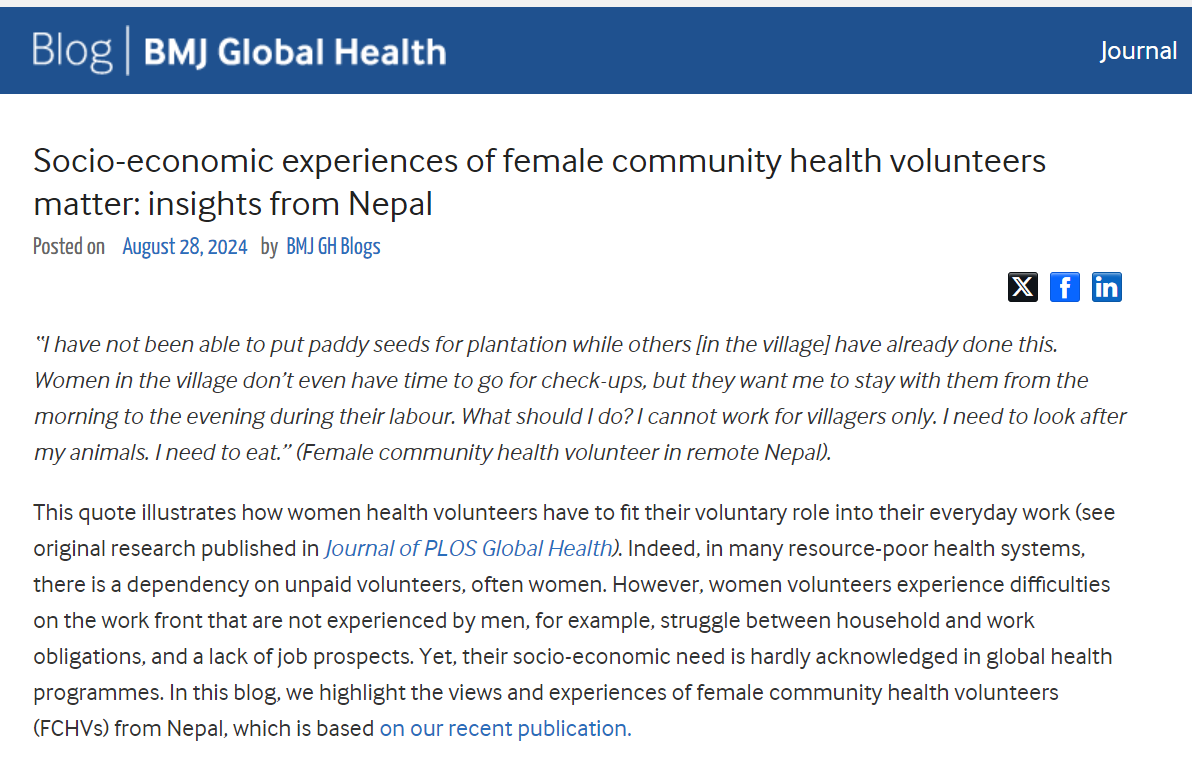
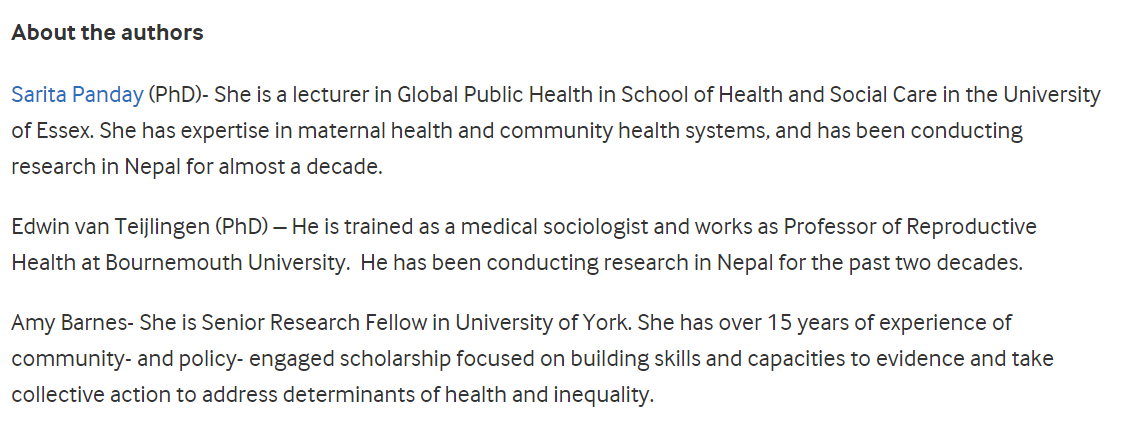


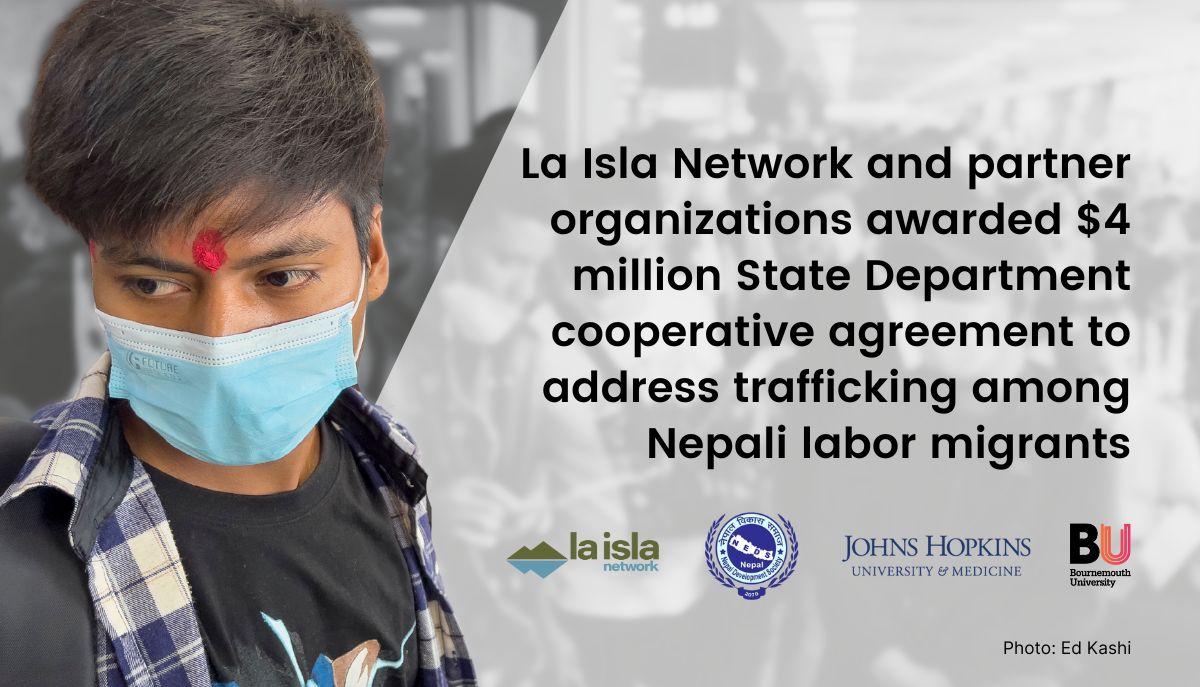
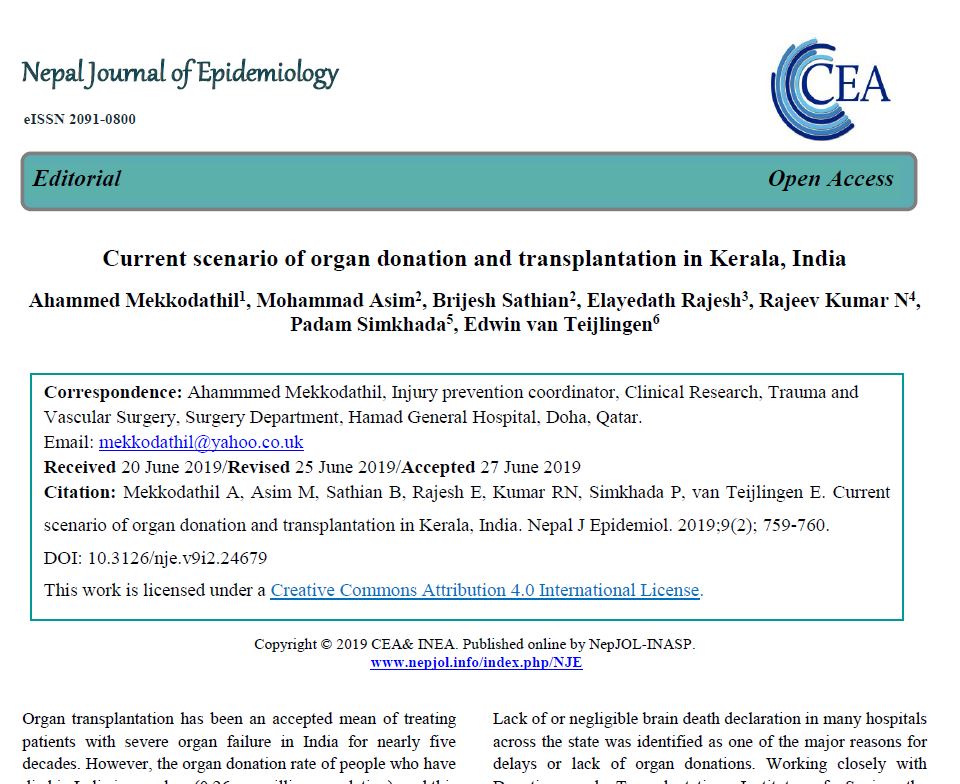
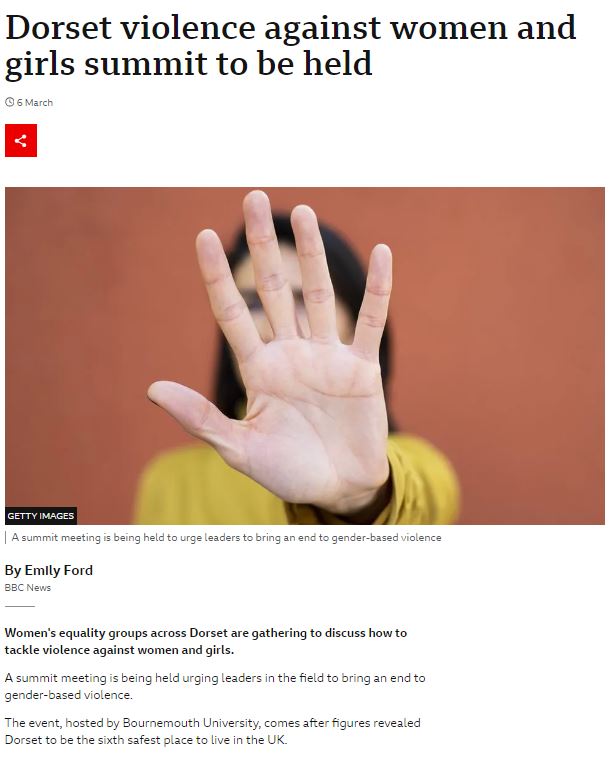


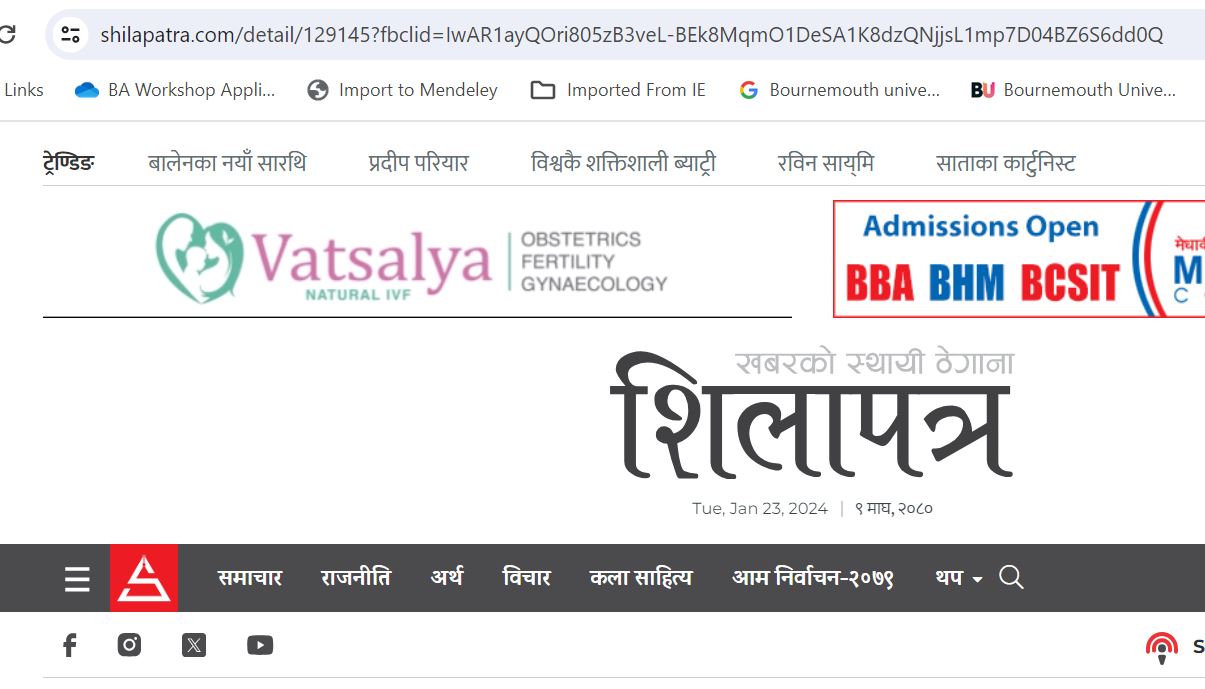
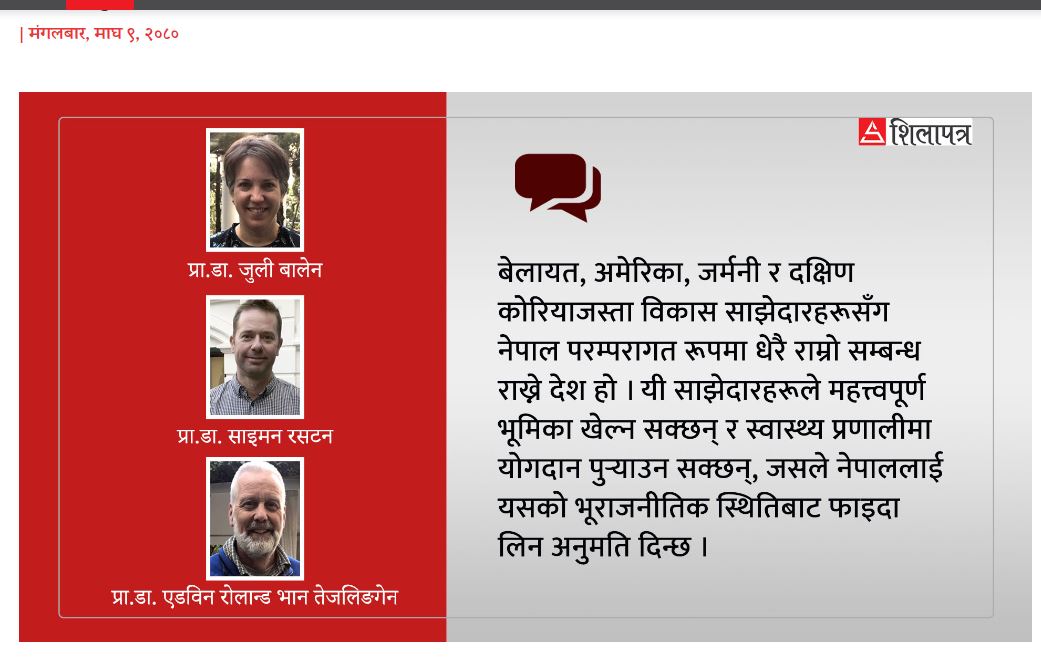
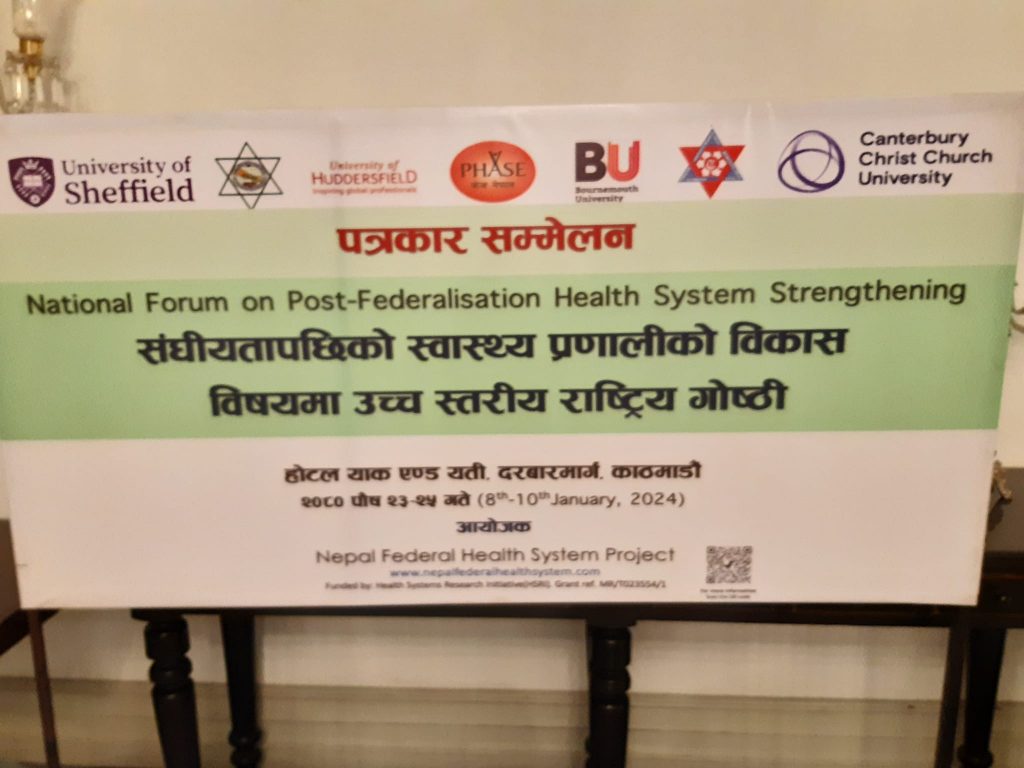
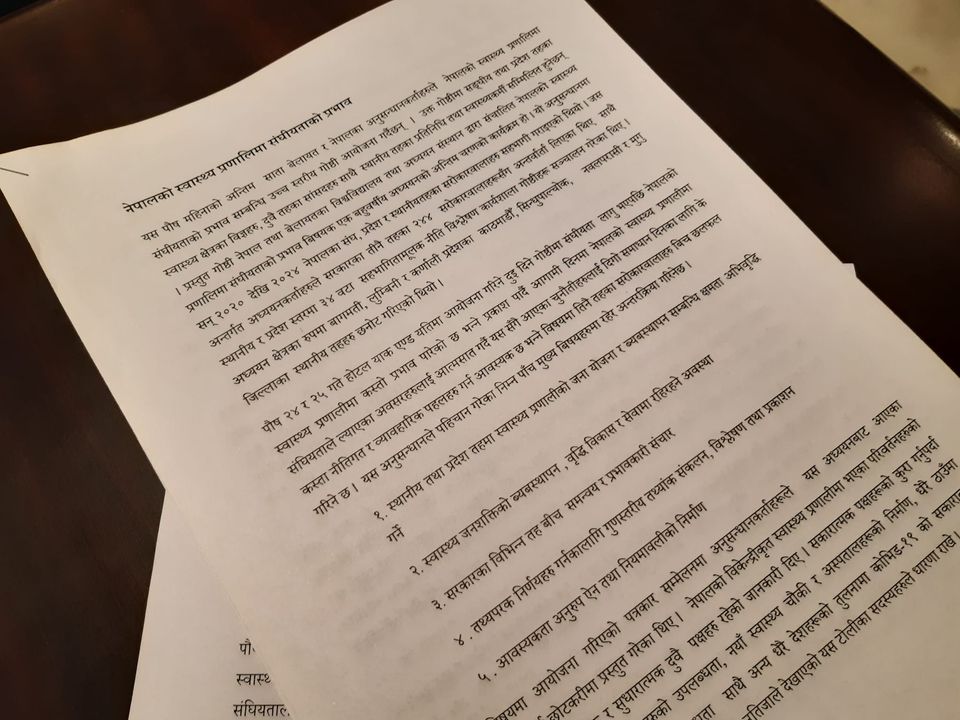
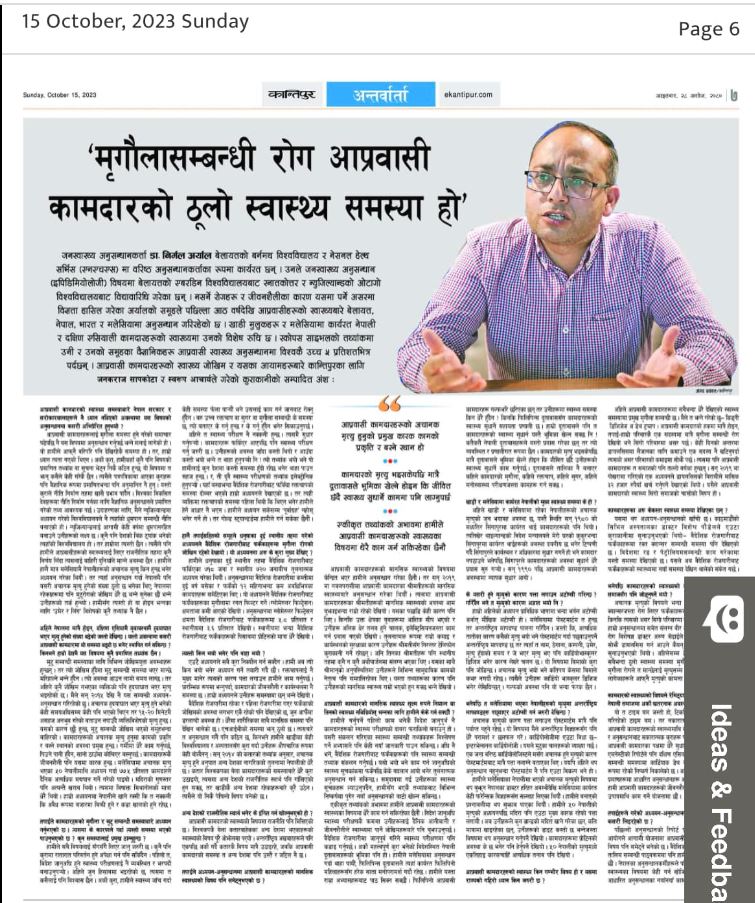
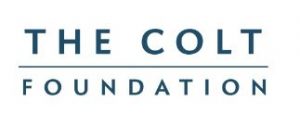
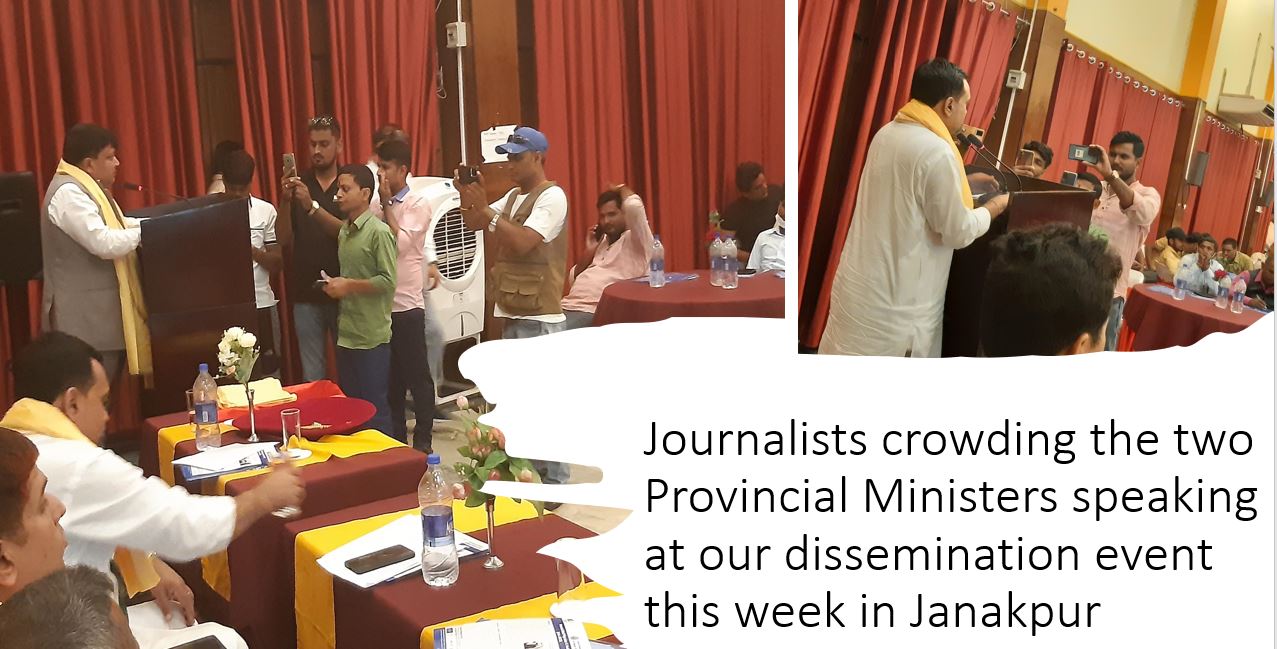
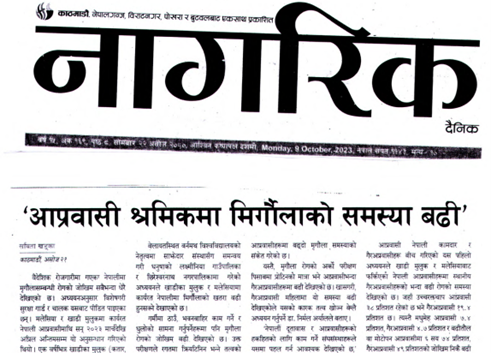
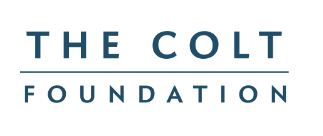
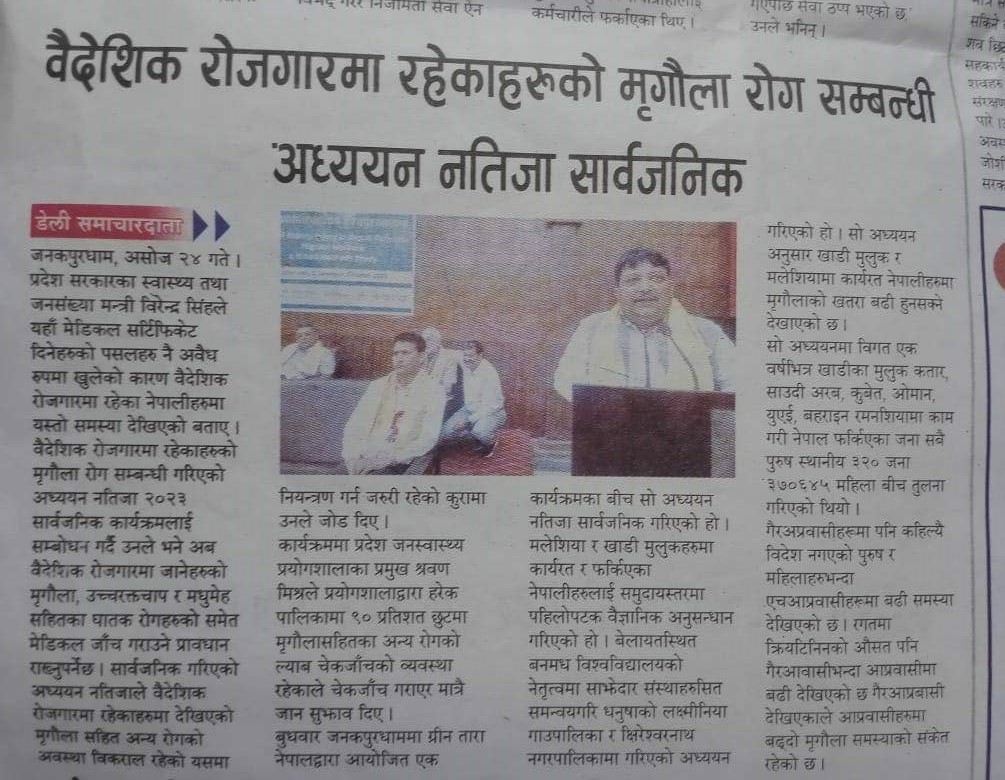
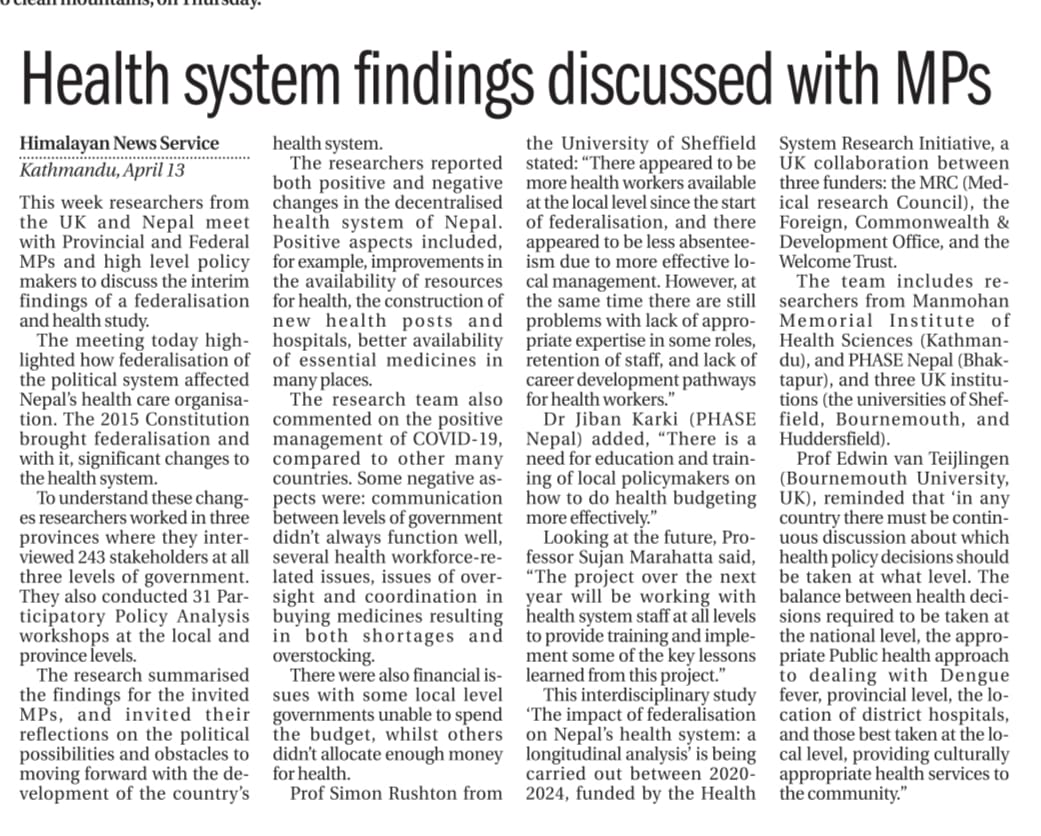
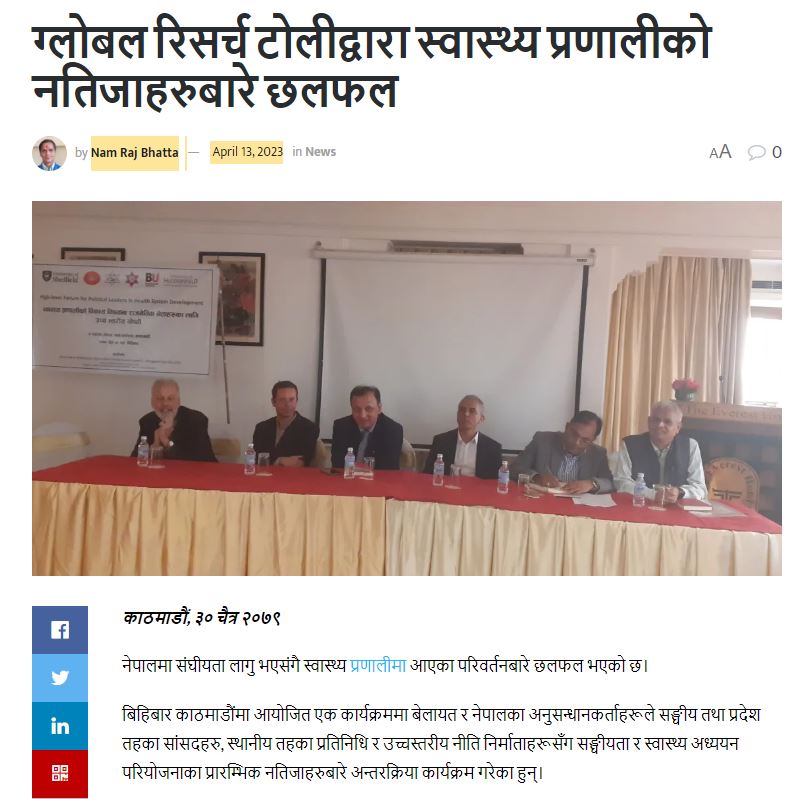
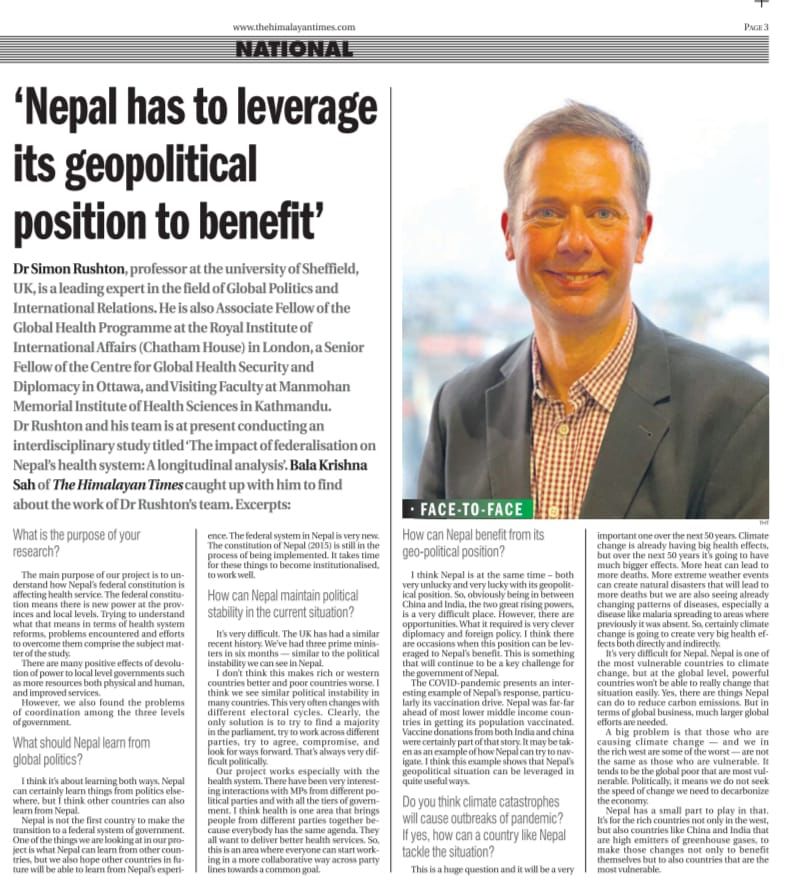
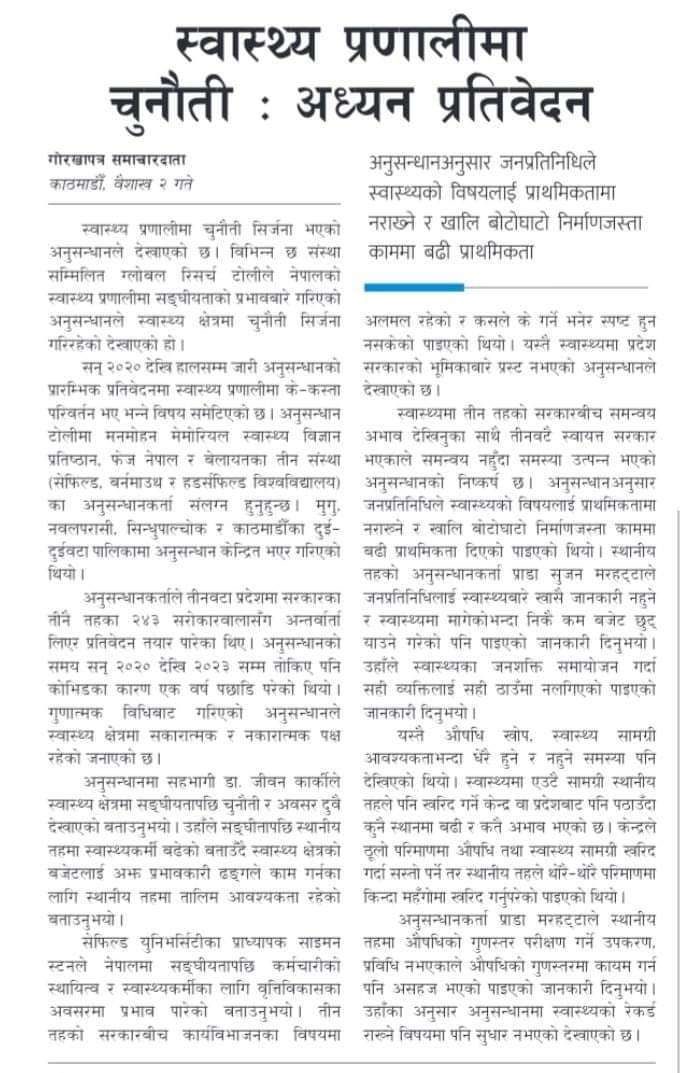
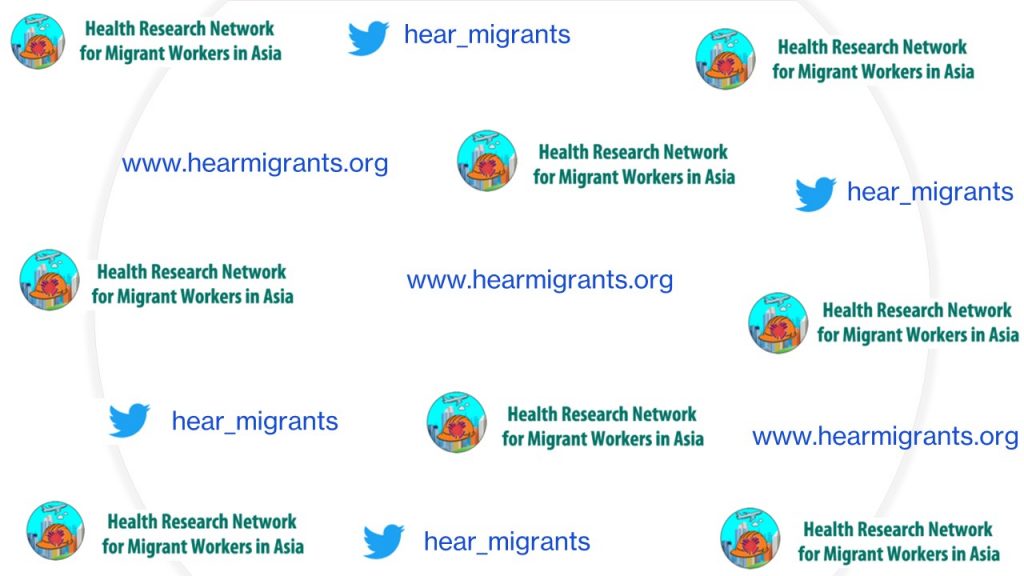
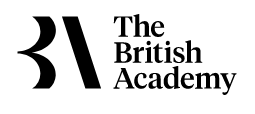
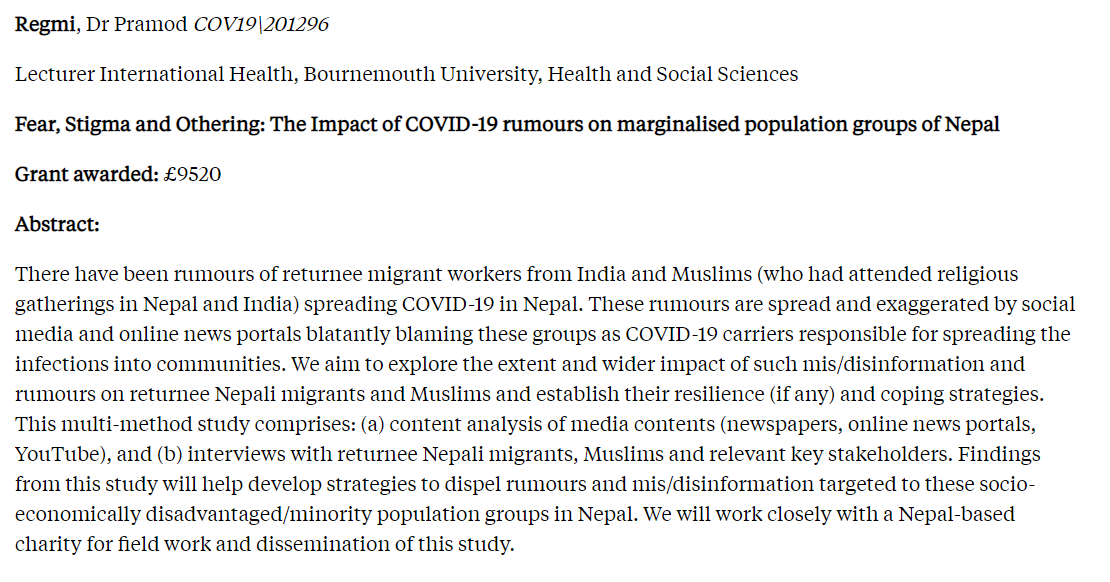
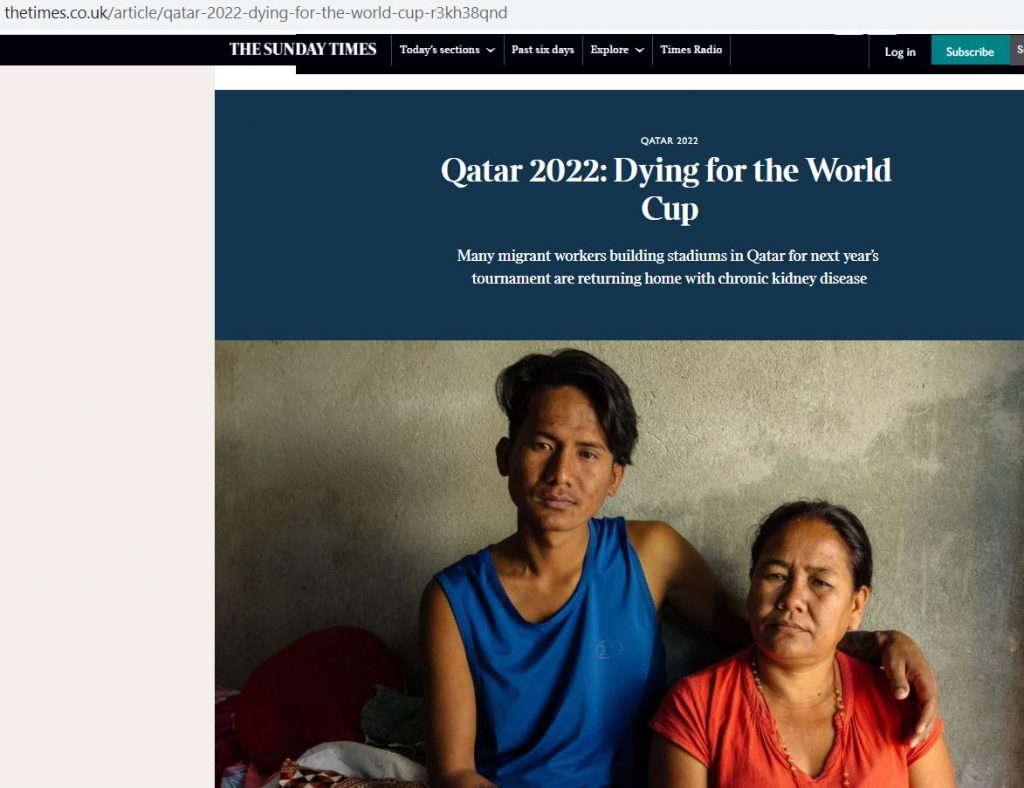

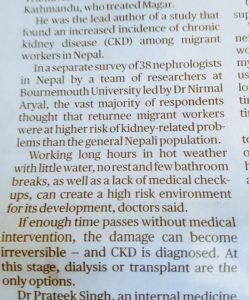
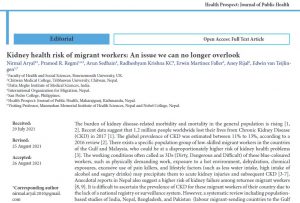











 No access to BRIAN 5-6th February
No access to BRIAN 5-6th February Missing Persons Indicator Project Recruitment
Missing Persons Indicator Project Recruitment Celebrating our Research: Postgraduate Research Showcase 2026
Celebrating our Research: Postgraduate Research Showcase 2026 Nursing Research REF Impact in Nepal
Nursing Research REF Impact in Nepal ECR Funding Open Call: Research Culture & Community Grant – Apply now
ECR Funding Open Call: Research Culture & Community Grant – Apply now MSCA Postdoctoral Fellowships 2025 Call
MSCA Postdoctoral Fellowships 2025 Call ERC Advanced Grant 2025 Webinar
ERC Advanced Grant 2025 Webinar Update on UKRO services
Update on UKRO services European research project exploring use of ‘virtual twins’ to better manage metabolic associated fatty liver disease
European research project exploring use of ‘virtual twins’ to better manage metabolic associated fatty liver disease